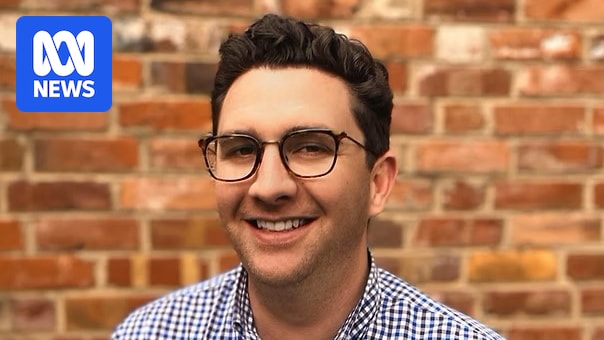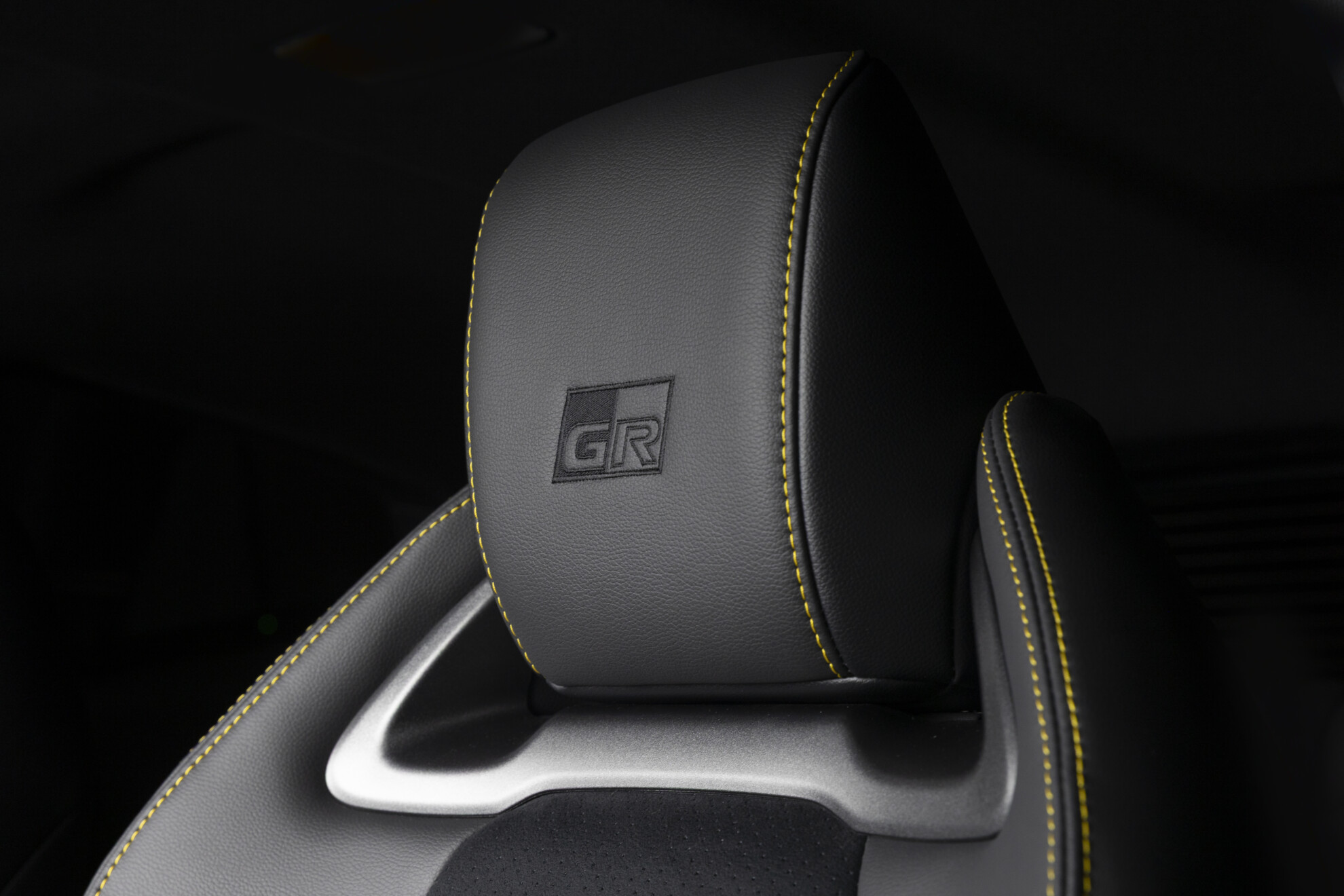
Ocularist Jack McDonald has been ordered to temporarily cease operations as the Victorian Health Complaints Commissioner conducts an investigation into his practices. This decision follows multiple complaints from clients dissatisfied with the prosthetic eyes crafted by McDonald, which they describe as ill-fitting and unrealistic.
An investigation by ABC NEWS Verify into McDonald’s online presence has revealed numerous instances of borrowed and AI-generated content across his website and YouTube channel. These platforms have since been removed from the internet, and the interim prohibition order prevents McDonald from advertising his services. However, ABC NEWS Verify accessed archived versions of the content, uncovering several peculiarities that, when combined, suggest an inauthentic online presence.
AI-Generated Content and Borrowed Imagery
One video on McDonald’s YouTube channel features a man introducing the business. A reverse-image search conducted by ABC NEWS Verify identified the same individual in other videos online, including one where he speaks in Bulgarian about oxidised bitumen. This discovery suggests the presenter may be AI-generated. While the use of AI presenters can be legitimate, other elements of McDonald’s website raise further concerns.
Reverse-image searches of photos on the webpage revealed they were used on other sites, indicating they were borrowed. In a field as specialized as prosthetic eye creation, one would expect to see original work showcased. One image was traced back to the Facebook page of a Finnish ocularist, first posted in 2021. Another image was identified as belonging to UK-based ocularist Lorna Rynne of Kind Eyes Prosthetics. Rynne expressed her frustration, stating,
“There is no reason to use the work of others to advertise yourself unless you are attempting to hide the quality – or lack thereof – of your own work.”
Stock Images and Authenticity Concerns
Further examination revealed the use of stock images, such as the purported receptionist “Nadia,” who appears in over 60 search results, including a dentistry blog and a self-help guru’s website, where she is called “Donna.” While businesses may use stock images for privacy reasons, the presence of multiple types of unauthentic content suggests the business itself may not be genuine, warranting further investigation.
ABC NEWS Verify reached out to McDonald for comment on these findings but received no response.
Implications for Consumers and Industry
This case highlights the growing challenge of verifying online authenticity in an era where artificial intelligence and digital manipulation are increasingly prevalent. Consumers are advised to conduct thorough research when engaging with online businesses, especially in specialized fields like ocular prosthetics.
For those unfamiliar with reverse-image searches, the process is relatively straightforward. On a desktop using Google Chrome, right-clicking an image and selecting search will reveal where the image has been used online. Mobile users can take a screenshot and upload it to reverse-image search engines like Google, Bing, or TinEye. These tools empower consumers to scrutinize the authenticity of online content.
The investigation into Jack McDonald’s practices underscores the importance of transparency and authenticity in online business operations. As the Victorian Health Complaints Commissioner continues its inquiry, the case serves as a cautionary tale for both consumers and professionals in the ocular prosthetics industry.







